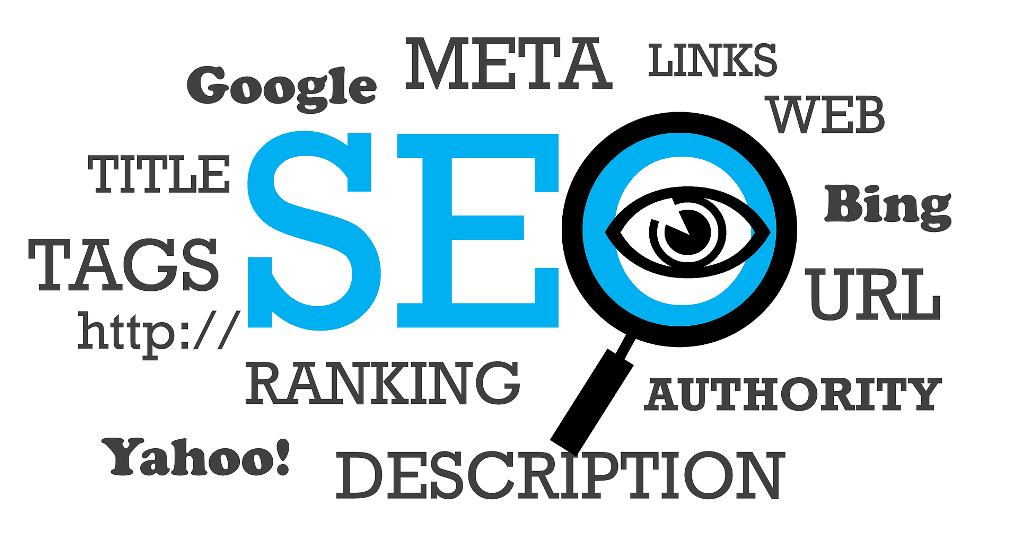 In today’s day and age, one of the most interesting jobs is disavowing links, but this can be a complicated business.
In today’s day and age, one of the most interesting jobs is disavowing links, but this can be a complicated business.
In the actual fact, there are common areas where most people go off beam in the procedure of disavowing links. These misconceptions may affect the ranking and visibility of your website negatively.
In this article, we have compiled the common mistakes SEOs make when disavowing links so that you can avoid them in the forthcoming.
So without further ado, let’s get started.
Excessively depending on tools
Oftentimes, a link analysis tool can be confusing. It generates lists of possible disavow aspirants programmatically. What’s more, sometimes they are not 100 percent accurate.
That being said, SEOs shouldn’t pay attention to this tool recklessly. Because, if a certain tool can identify which links to disavow, probably, Google is disregarding them anyway.
When it comes to disavowing links, you should not use automated tools as your compass. Make sure to evaluate every link carefully to find out its contextual value.
Being too compassionate
If there’s a thing to etch in your mind regarding how Google considers a link valuable, then it is relevancy.
For example, you are running a digital marketing agency, obtaining an inbound link to your site from SEO blogs and digital marketing blogs based on the topic are all relevant links that can help you in increasing the ranking of your website.
On the other side, a group of links from sites in different languages, auto blogs, horse racing blogs, and architecture blogs wouldn’t contribute much to your website’s ranking. And this is, in fact, the main reason why you should not accept all inbound links most especially those that aren’t relevant to you.
In addition to that, the quality of the linking site,, as well as the contextual significance your website has within the context,, will play an important part in the value it passes.
On the other hand, when you are just starting out a new website, holding on every link can be tempting. As an outcome, you may find yourself creating hyperbolic connections to defend keeping them.
So, if you’re going to disavow links, spend some of your time and evaluate the website thoroughly.
On the other hand, if you have got inbound links to your digital marketing agency site from blogs providing betting tips, you can’t expect any relevancy that in turn may compromise your website’s ranking.
Disavowing links unreasonably
A lot of people have a tendency to jump to hasty conclusions after being affected by a certain update negatively. So the last option is disavowing links.
However, keep in mind that disavowing links without individual and strong rationales may result in detoxing links which are definitely helping in ranking your website.
Having that said, before you make any decision, make sure to evaluate every link and most importantly, take your time to consider all the advantages and drawbacks of disavowing every link.
Failing to identify bad links
Focusing your hard work on disavowing links that are visibly bad including sketchy foreign websites, illegal gambling websites, and adult websites may seem logical.
Bad links come in all sizes and shapes. Whether it is a non-contextual link, one that holds no significance to your site or one on cheap directory websites, these links may badly affect your rankings if they are unchecked.
Google, however, performs a great job when it comes to decrypting bad links (inbound), they are going to find out that you did not build links in pornographic websites actively.
The links you must focus on disavowing are those you would not wish to show Google such as irrelevant and obvious attempts to create links. That is why you need to take a crucial look at each inbound link that you have. Make sure, it will add contextual value to the content it resides on.
The following are the common kind of links that would be possible good disavow candidates.
1. Links that have a commercial anchor text
Having your links associated with anchor texts that have obviously commercial keywords like house and lot for sale, best 24-inch TV, and among others may cause problems even though the link is very relevant to your site.
2. Non-editorial link
A non-editorial link refers to a link that you control but did not place intentionally. This includes links that are related to forum spam, widgets, signature spam, and more.
3. Link schemes
If it is blatant that you have created links only for the purpose of making money and ranking, remember that it may get you to trouble because it is against the Webmaster Guidelines of Google.
Conclusion:
Disavowing links is a quite difficult process. That is why you need to be careful when doing it to avoid facing serious problems which may affect the ranking of your site as well as its visibility.
We hope that this content has given you a clearer idea of the common mistakes that you need to watch out for in the disavowing process.





